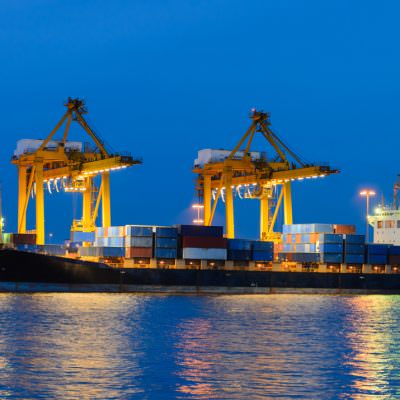The module starts with the definition and main aspects of Port Economics and Operations and the significance of port management in the maritime logistics industry and shipping. Basic knowledge in port management is provided, in order students to acquire an integrated perception. Students learn about intermodal and multimodal transportation, and the role ports play in the complicated contemporary supply chains, emphasizing in their connection with shipping. Issues as container and bulk port operations, warehousing, personnel, legislation, safety, and security management are covered. Following, the module analyses port management from the economic perspective, including port planning and development, investments and financing, competition, tariff design, performance monitoring, policies, and regulations. Economic perspective of services provided to shipping is examined as well. Moving to more general aspects, the module examines monopoly and competition, state/government-owned and local private corporations. Last, students are introduced to new technologies in land and shipping, processes and products that will affect port development and port operations in the future. Throughout the module, students are provided with analytical and quantitative analysis tools, essential for making decisions related to port operation, management and policy formulation, and are urged to familiarize themselves with the subject using practical exercises and applications of the knowledge they received.



